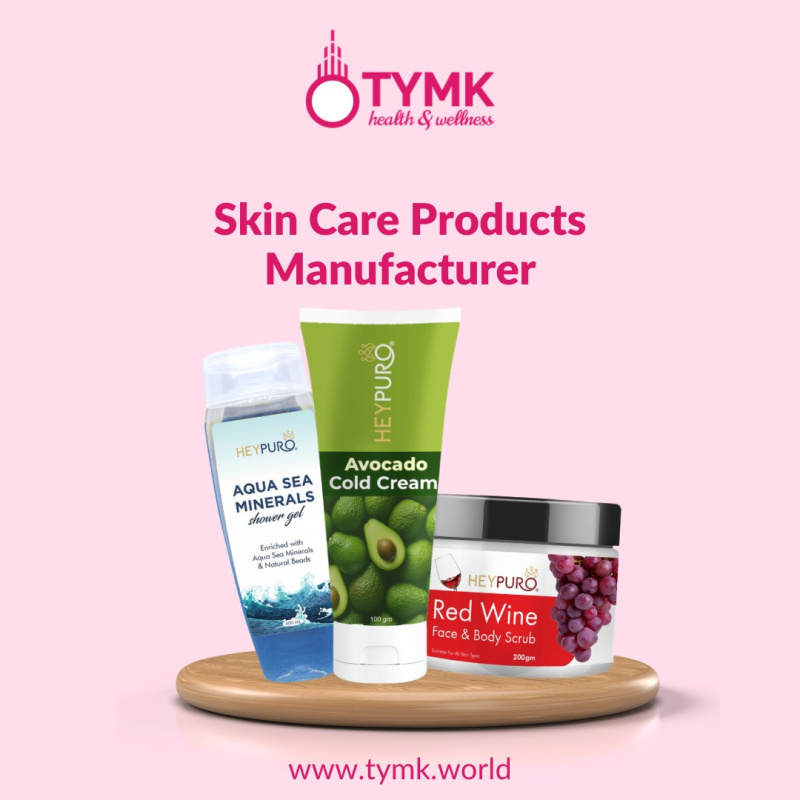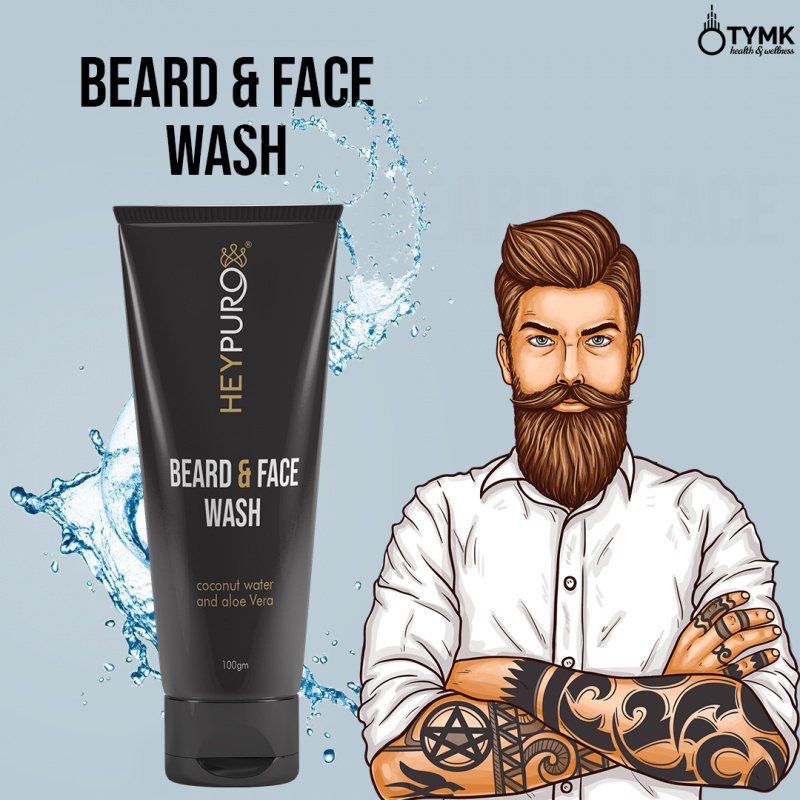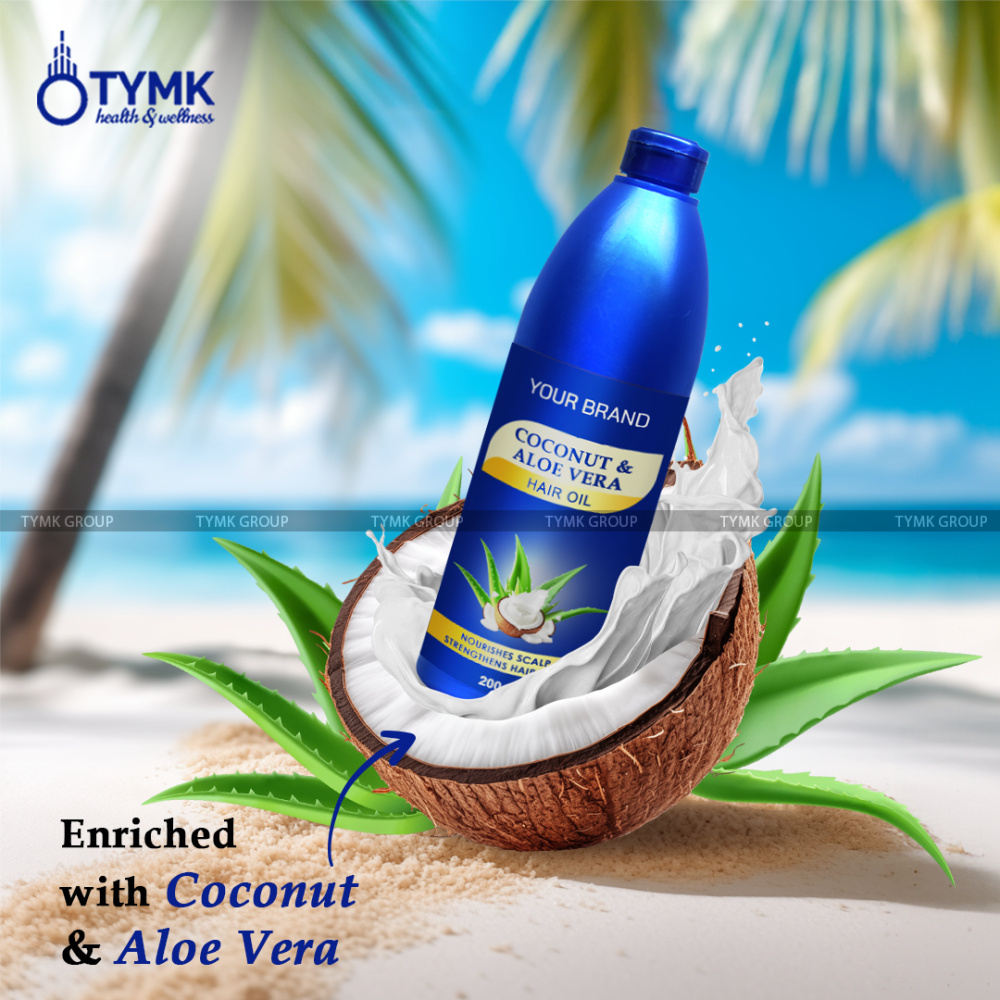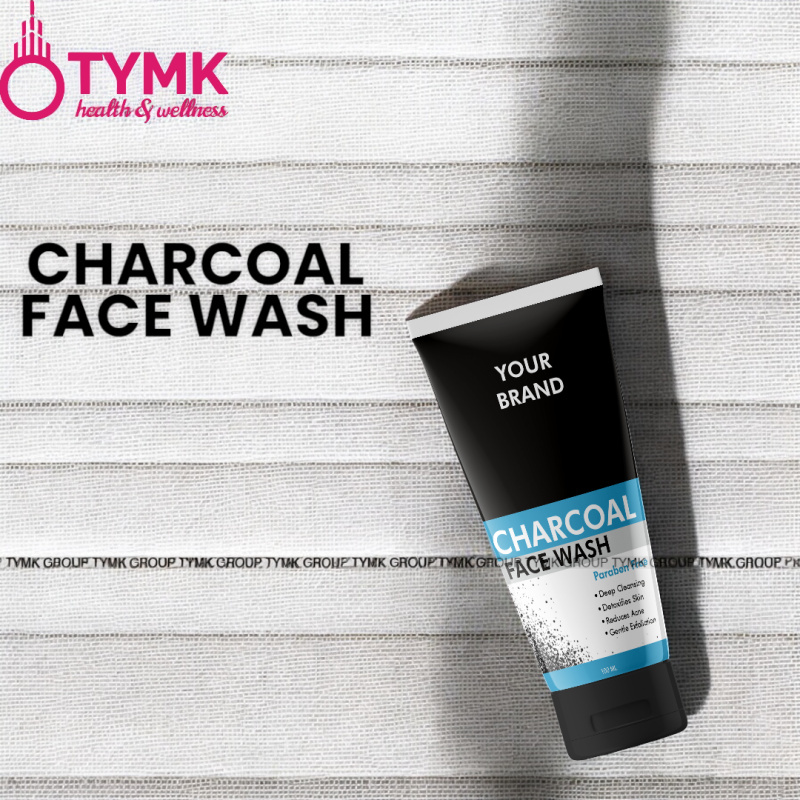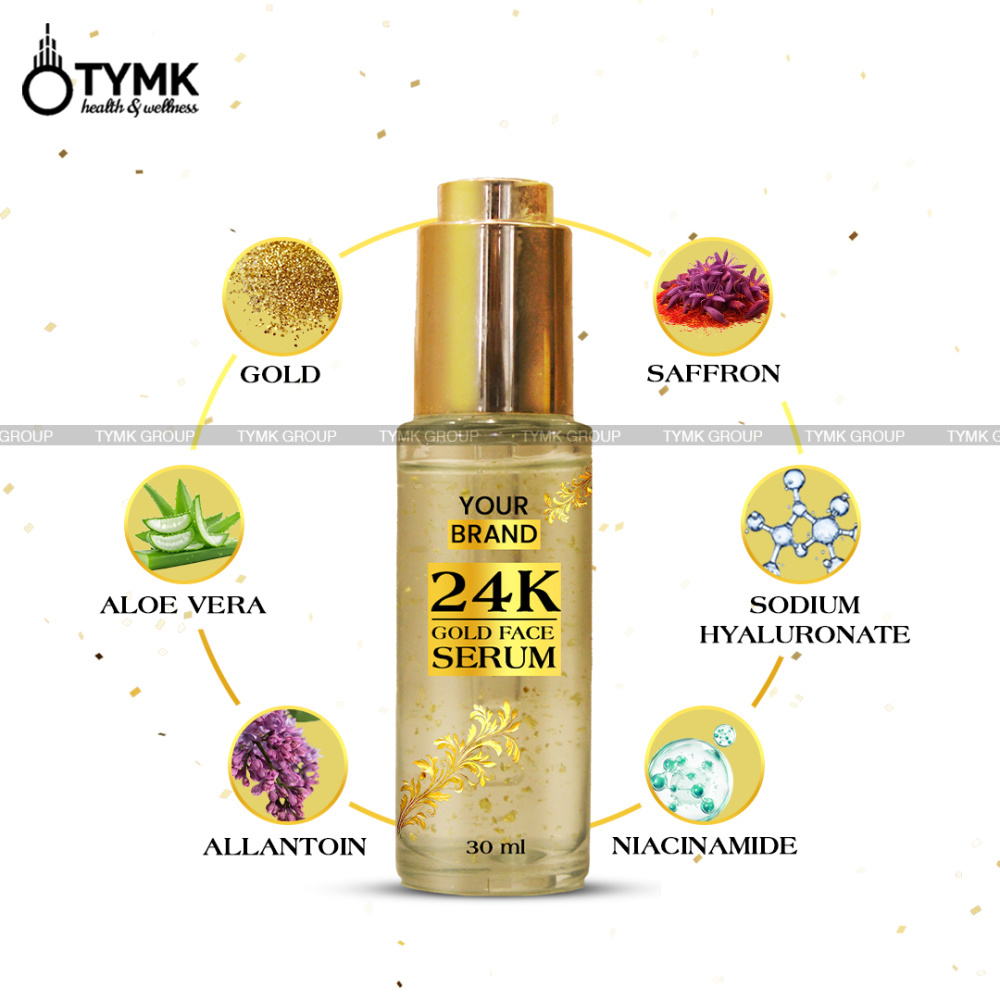Nutritional supplements products Contract Manufacturer

Nutritional Supplements products Contract Manufacturer
Nutritional supplements products Contract Manufacturer In today’s fast-paced health and wellness industry, nutritional supplements are a booming business. From vitamins and minerals to protein powders and botanical extracts, consumer demand is at an all-time high. But as this demand grows, so does the complexity of manufacturing quality supplements at scale.
Whether you're a startup looking to launch your first supplement or an established brand seeking to expand your product line, a nutritional supplements contract manufacturer can offer the expertise, infrastructure, and scalability to bring your vision to life. This guide explores what contract manufacturing is, the benefits, challenges, and how to choose the right partner for your brand.

What Is Nutritional Supplement Contract Manufacturing?
Contract manufacturing is the process of outsourcing the production of a product to a third-party company. In the context of nutritional supplements, a contract manufacturer handles all or part of the formulation, production, packaging, and labeling of dietary supplements on behalf of a brand.
These manufacturers operate behind the scenes, often producing products that are later branded and sold under a private label. The end product could be anything from capsules, tablets, and powders to gummies, soft gels, and liquids.
Read also
Nutritional supplements products Contract Manufacturer
Nutritional Supplements Products Manufacturer
Nutritional Supplements Private Label Manufacturer: 2024

Why Use a Contract Manufacturer for Nutritional Supplements?
1. Expertise and Compliance
One of the biggest advantages of working with a contract manufacturer is access to industry expertise. These manufacturers are well-versed in FDA regulations, Good Manufacturing Practices (GMP), and quality assurance protocols. This is essential in a highly regulated industry where non-compliance can lead to costly recalls or damage to brand reputation.
2. Cost-Efficiency
Building a supplement manufacturing facility is capital-intensive. Equipment, clean rooms, qualified staff, and raw material sourcing can cost millions. Contract manufacturing eliminates these overhead costs, allowing brands to focus on marketing, sales, and customer engagement.
3. Faster Time-to-Market
With infrastructure and resources already in place, CMs can help bring products to market faster. This is crucial in a competitive space where timing can influence market share and profitability.
4. Scalability
Contract manufacturers can scale production as your business grows, from small batches for product launches to large-scale production for nationwide or global distribution.

Services Offered by Nutritional Supplement CMs
Different manufacturers offer different services, ranging from basic production to full turnkey solutions. Here’s what you might expect:
-
Custom Formulation: Developing proprietary blends based on client specifications.
-
Raw Material Sourcing: Procuring quality-certified ingredients.
-
Blending and Manufacturing: Creating the final product in various formats.
-
Testing and Quality Control: Ensuring product purity, potency, and safety.
-
Packaging and Labeling: Including regulatory-compliant label design.
-
Logistics and Fulfillment: Storing and shipping finished products to distributors or customers.
Key Considerations When Choosing a Contract Manufacturer
With hundreds of contract manufacturers available, selecting the right partner is critical. Here are essential factors to evaluate:
1. Certifications and Compliance
Look for manufacturers that are GMP-certified by third-party organizations like NSF, NPA, or UL. Additional certifications like Organic, Non-GMO, Gluten-Free, Kosher, or Halal may be relevant depending on your target market.
2. Experience and Specialization
Choose a manufacturer experienced in your specific supplement category, whether it’s sports nutrition, vitamins, herbal extracts, or weight management. Ask for case studies or client references.
3. Transparency and Communication
Clear communication is essential. Ensure the manufacturer is willing to share batch records, Certificates of Analysis (COAs), and is responsive during development and production phases.
4. Minimum Order Quantities (MOQs)
Different manufacturers have different MOQs. While startups may prefer low MOQs to test the market, larger brands might require a facility that can handle high-volume production.
5. In-House vs. Outsourced Capabilities
Some manufacturers offer in-house services from formulation to packaging, while others outsource certain components. Understand where your product will actually be made and who is responsible for each step.
Current Trends in Nutritional Supplement Contract Manufacturing
As consumer preferences evolve, contract manufacturers are adapting to meet new demands. Here are a few trends shaping the industry:
1. Clean Label Products
Consumers are increasingly looking for clean, transparent labels. Manufacturers are focusing on natural ingredients, free-from formulations, and minimal excipients.
2. Functional Ingredients
From adaptogens and nootropics to probiotics and collagen, contract manufacturers are investing in R&D to incorporate trending ingredients with scientifically backed benefits.
3. Sustainable Packaging
Eco-friendly packaging solutions like compostable pouches and recyclable containers are gaining traction. Contract manufacturers are offering greener alternatives to appeal to environmentally conscious consumers.
4. Personalization
Manufacturers are beginning to accommodate personalized nutrition tailoring supplements to DNA, lifestyle, or biomarker data requiring more flexible production and formulation processes.
Challenges in Working with a Contract Manufacturer
While the benefits are numerous, contract manufacturing also comes with challenges:
1. Loss of Control
You may have less oversight into daily production activities. Choosing a trustworthy, transparent partner is key to mitigating this.
2. Supply Chain Disruptions
Global ingredient shortages or delays can impact timelines. Choose a CM with multiple sourcing options and good supplier relationships.
3. Intellectual Property (IP) Concerns
Custom formulas may raise concerns about proprietary information. A solid non-disclosure agreement (NDA) and clear contracts are essential.
4. Cost Transparency
Pricing structures can vary widely. Always request detailed cost breakdowns and be wary of hidden fees or ambiguous terms.
How to Get Started with a Contract Manufacturer
-
Define Your Product Vision: Know what type of supplement you want, your target audience, and the health benefits it should deliver.
-
Develop a Brief: Outline product specs, preferred ingredients, format, budget, certifications needed, and projected volumes.
-
Shortlist Manufacturers: Research, request quotes, and compare service offerings.
-
Request Samples: Ask for prototypes or samples to evaluate taste, texture, and quality.
-
Review Contracts Carefully: Understand intellectual property clauses, MOQs, timelines, and payment terms.
-
Begin Production: Once all approvals are in place, your manufacturer will start the production process.
FAQ: Nutritional Supplement Contract Manufacturing
1. What is a supplement contract manufacturer?
A company that makes supplements (capsules, powders, gummies, etc.) for other brands, including formulation, production, and packaging.
Can I create my own custom formula?
Yes! Most manufacturers offer custom formulation based on your brands needs.
3.What types of supplements can they produce?
Capsules, tablets, softgels, powders, gummies, and liquids.

